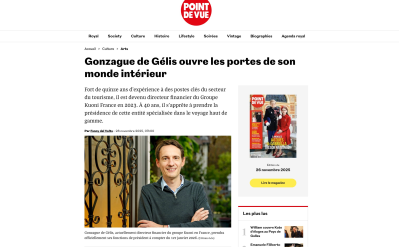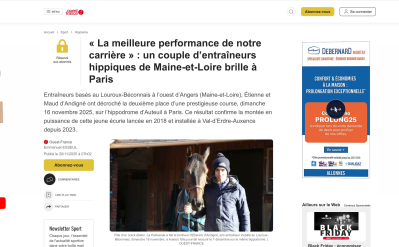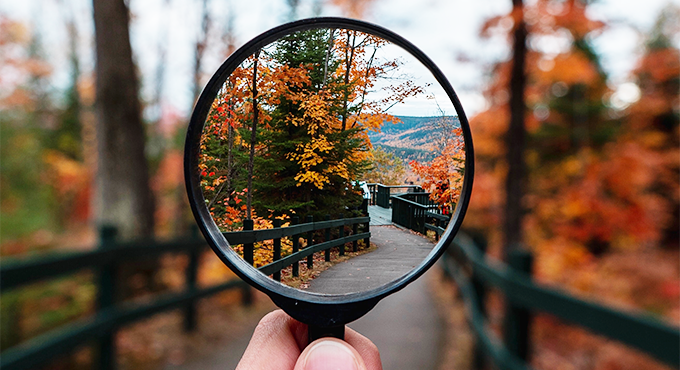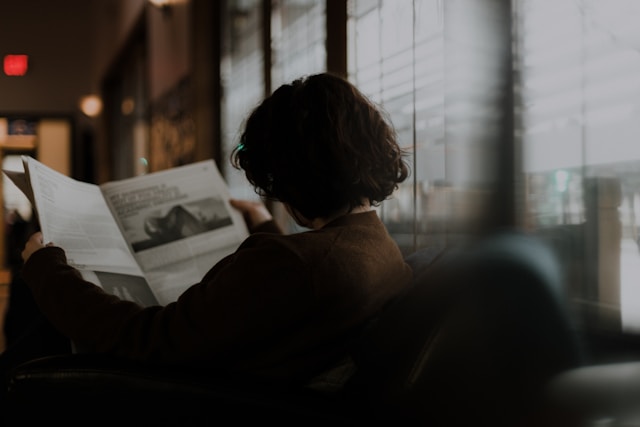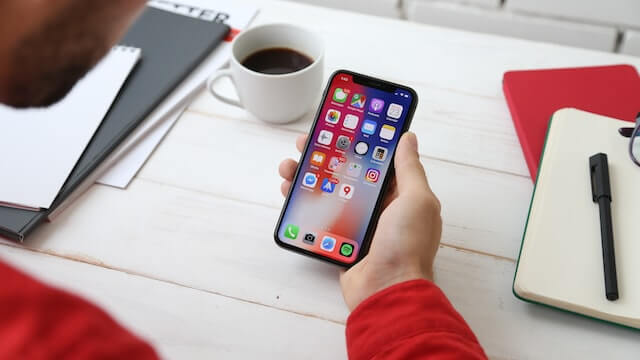News
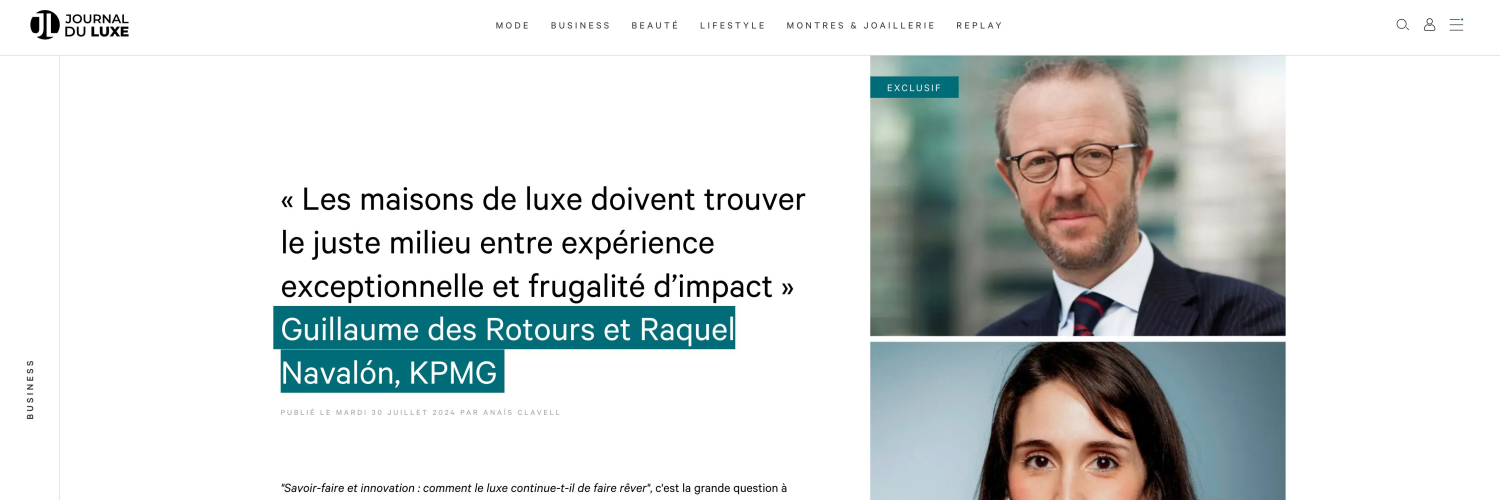
Journal du Luxe: ""Luxury brands must strike the right balance between exceptional experience and frugal impact" Guillaume des Rotours and Raquel Navalón, KPMG".
30 July 2024
Press review
Viewed 185 times
"Know-how and innovation: how does luxury continue to make people dream?" This is the big question that audit and advisory firm KPMG has attempted to answer in the first edition of its study...
You must be logged in to read more



